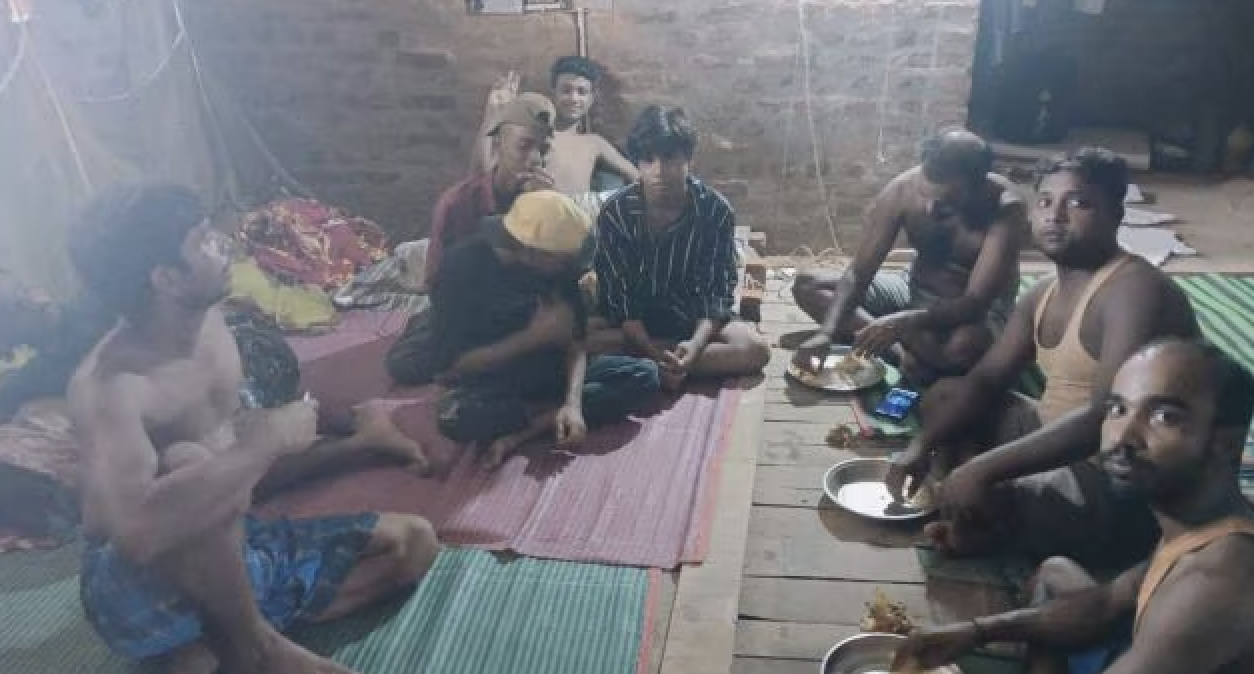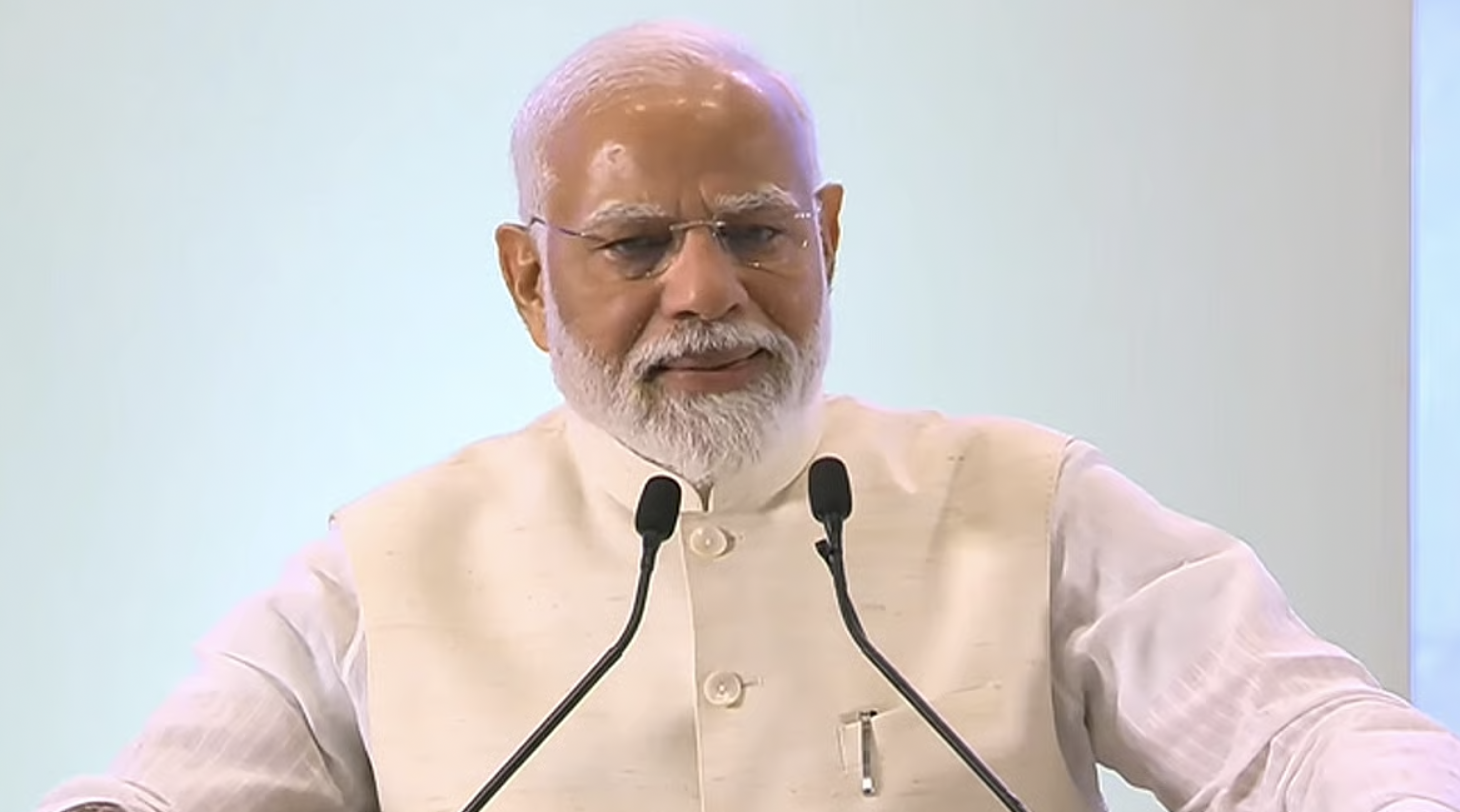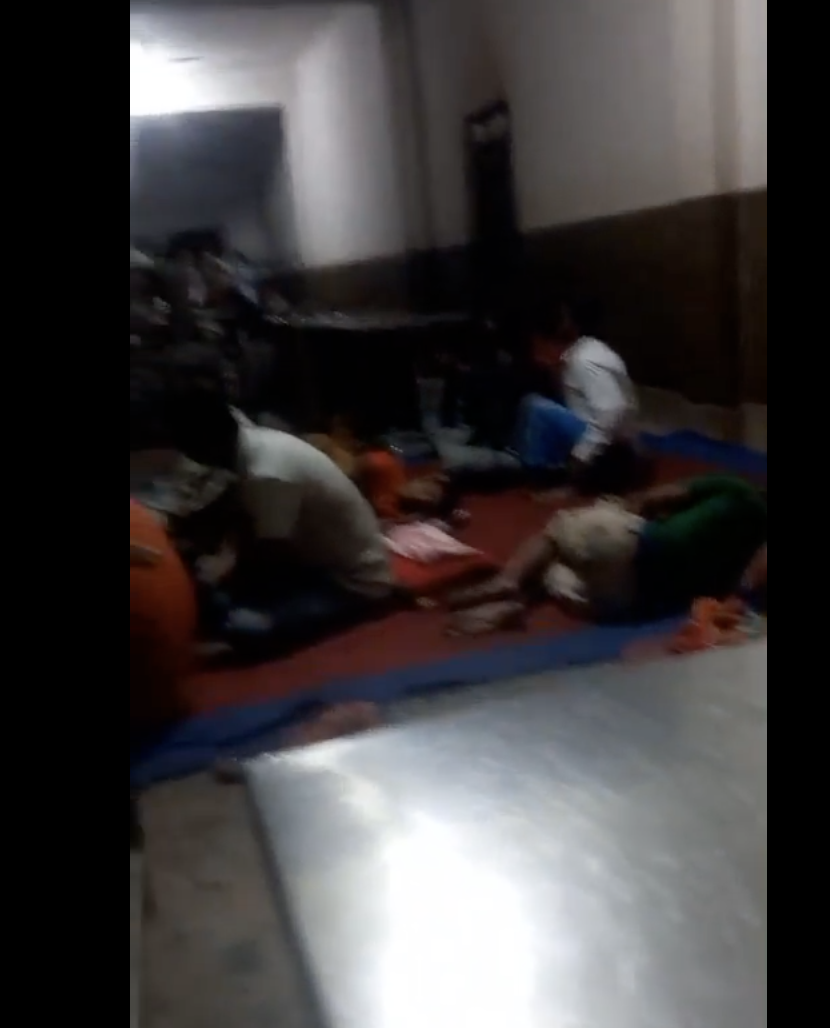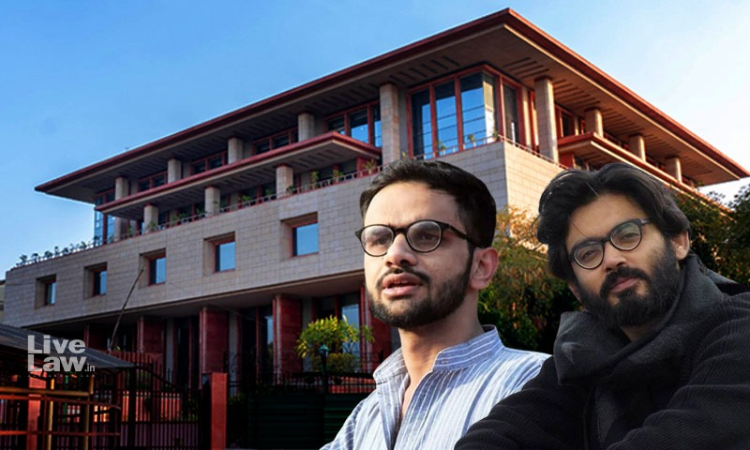Bhadra Sinha

New Delhi: The Supreme Court Tuesday restrained Hindi channel Sudarshan News from telecasting a controversial programme, which sought to “expose” a “conspiracy to infiltrate Muslims” into the Indian civil services.
The channel had termed the alleged conspiracy “bureaucracy jihad” and “UPSC jihad”.
The top court said it won’t allow television channels to broadcast programmes that seek to disturb communal harmony.
“As a Supreme Court of the nation, we cannot allow you to say that Muslims are infiltrating civil services. You cannot say that a journalist has absolute freedom doing this,” a bench of Justices D.Y. Chandrachud, Indu Malhotra and K.M. Joseph observed verbally, brushing aside arguments of Sudarshan News that the restraint order impinges on journalistic freedom.
The bench was hearing a petition filed to stop the telecast of the controversial programme that is part of a series called ‘Bindas Bol’, hosted by the channels’ Editor-in-Chief Suresh Chavhanke.
Four episodes of the show have already been aired after the channel got the government nod on 9 September.
According to the channel’s submission before the top court, 10 more episodes are left to be telecast.
The SC said in its order: “There will be no telecast of the show in continuation of the shows already telecasted either under the same or a different caption.
“Any attempt to vilify a community must be viewed with great disfavour by this court, which is a custodian of constitutional rights.”
The court will take up the matter again on 17 September.
During the hearing, the judges minced no words in expressing disappointment at the content of the show and TV debates in general, indicating they might set up a panel of distinguished citizens to lay down standards of reporting for electronic media.
They said journalistic freedom is not absolute and that the damage will be irreversible if they do not stop the telecast of the show now.
The show was termed “insidious” and “rabid” by the judges, one which cast aspersions on the Union Public Services Commission (UPSC) without any factual basis.
Sudarshan News doing ‘disservice’
Justice Chandrachud told senior advocate Shyam Divan, who represented Sudarshan News: “We are concerned that when you say students who are part of Jamia Millia are part of a group to infiltrate civil services. We cannot tolerate this.”
He further said: “Your client is doing a disservice to the nation and is not accepting India is a melting pot of diverse culture. Your client needs to exercise his freedom (of speech) with caution.”
The judges even turned to solicitor general Tushar Mehta to ask: “Look at his programme solicitor, how rabid can it get? Targeting a community who are appearing for civil services.”
Divan, in defence, submitted, that his client had presented an investigative story.
According to Mehta, the question before the court is to what extent can it control the publication of content.
Unconvinced, however, the bench remarked: “The law says communal reporting cannot be done.”
“Here is one anchor who says one particular community is trying to gain access to UPSC. Can anything be more insidious than such claims? Such allegations affect stability of country and also casts aspersions on credibility of exam,” noted Justice Chandrachud during the arguments.
Attempt to ‘vilify the Muslim community’
Filed by advocate Firoz Iqbal Khan, the petition claimed that the show would be derogatory to Muslims entering the profession of civil services.
Khan has given transcripts of the show in support of his contention. Seven former civil servants too have filed an application in the top court in the case.
The SC, which on 28 August — the first date of hearing — refused to impose a pre-telecast ban on the show, had issued notices to the channel, Press Council of India and News Broadcasters Association (NBA).
The Delhi High Court, which had originally stayed the telecast on 28 August, had later asked Sudarshan News to reply to the Centre’s notice by 1 September and granted 48 hours to the government to decide the issue after it received a reply from the channel.
Last Thursday, the Information and Broadcasting Ministry said it cannot pre-censor a programme or stop it from being telecast.
Before the top court, Divan resisted the pre-broadcast injunction, saying there was no case to interfere based on the slides of the show presented by the petitioner. Divan argued the Centre had approved the show and not intervened even after four episodes were aired.
Mehta too said there were authorities to deal with violations. But, on being asked what action did the authorities take subsequent to the airing of the episodes and whether the ministry applied its mind, Mehta said he would need instructions on this.
“At this stage, prima facie, it appears to the court that the object, intent and purpose of the programme is to vilify the Muslim community with an insidious attempt to portray them as part of a conspiracy to infiltrate the civil services,” read the court order.
It was also noted in the order that factually “incorrect statements” were made in the programme regarding the upper age and number of attempts for Muslims in the UPSC.
“Edifice of a stable democratic society and observance of constitutional rights and duties is based on coexistence of communities. Any attempt to vilify a community must be viewed with disfavour,” the bench ordered.
Can such programmes be allowed in a free society?
While hearing the arguments, Justice Joseph quoted the Cable TV Act to note that TV programmes cannot show anything that targets a particular religion or a community.
In response, Mehta tried to project that the trend had become a norm.
“Your lordships must have seen those programmes where ‘Hindu Terror’ was highlighted. The question is to what extent can courts control content,” the solicitor argued.
Justice Chandrachud, however, voiced concern.
“Such programmes damage reputation, tarnish image. In the UPSC exam, all are subject to the same tests, interviews and are assessed by the same persons. But the insinuation is that one community is trying to infiltrate the UPSC. Can such allegations without factual basis be allowed?” the judge asked Mehta.
He went on to tell Divan that the court expected restraint from his client. The judges also assured Divan of skimming through the videos of the show.
Justice Chandrachud also asked the counsel for the NBA if it exists “apart from the letterhead”.
“What do you do when a parallel criminal investigation goes on in the media and reputation is tarnished,” the judge questioned the lawyer.
No freedom is absolute, not even journalistic
Justice Joseph went on to say that no freedom is absolute, not even journalistic freedom.
“When we talk about journalistic freedom, it is not absolute. He shares the same freedom as like other citizens. There is no separate freedom for journalists like in the US. We need journalists who are fair in their debates,” the judge said.
Justice Chandrachud added: “When journalists operate, they need to work around to fair comment. See criminal investigation, media often focuses only on one part of the investigation.”
The judges hinted at setting up a panel of five distinguished citizens who can come up with certain standards for electronic media.
“We don’t want any politically divisive nature and we need members who are of commendable stature,” they said at the end of the hearing.
Justice Joseph even commented on the “standard of debates”. “Many a time panelists are not allowed to speak and anchors take up most of the time and panelists are half-muted,” he remarked.
To Mehta’s submission that electronic, print and social media cannot be compartmentalised anymore, the bench said: “Law does not have to regulate everything to regulate something. The mediums have changed. Now the internet is a vexed area as one can operate it from anywhere. We won’t say, we won’t regulate electronic media just because we cannot control the internet.”
This story first appeared in ‘The Print’ on September 15, 2020 here.






